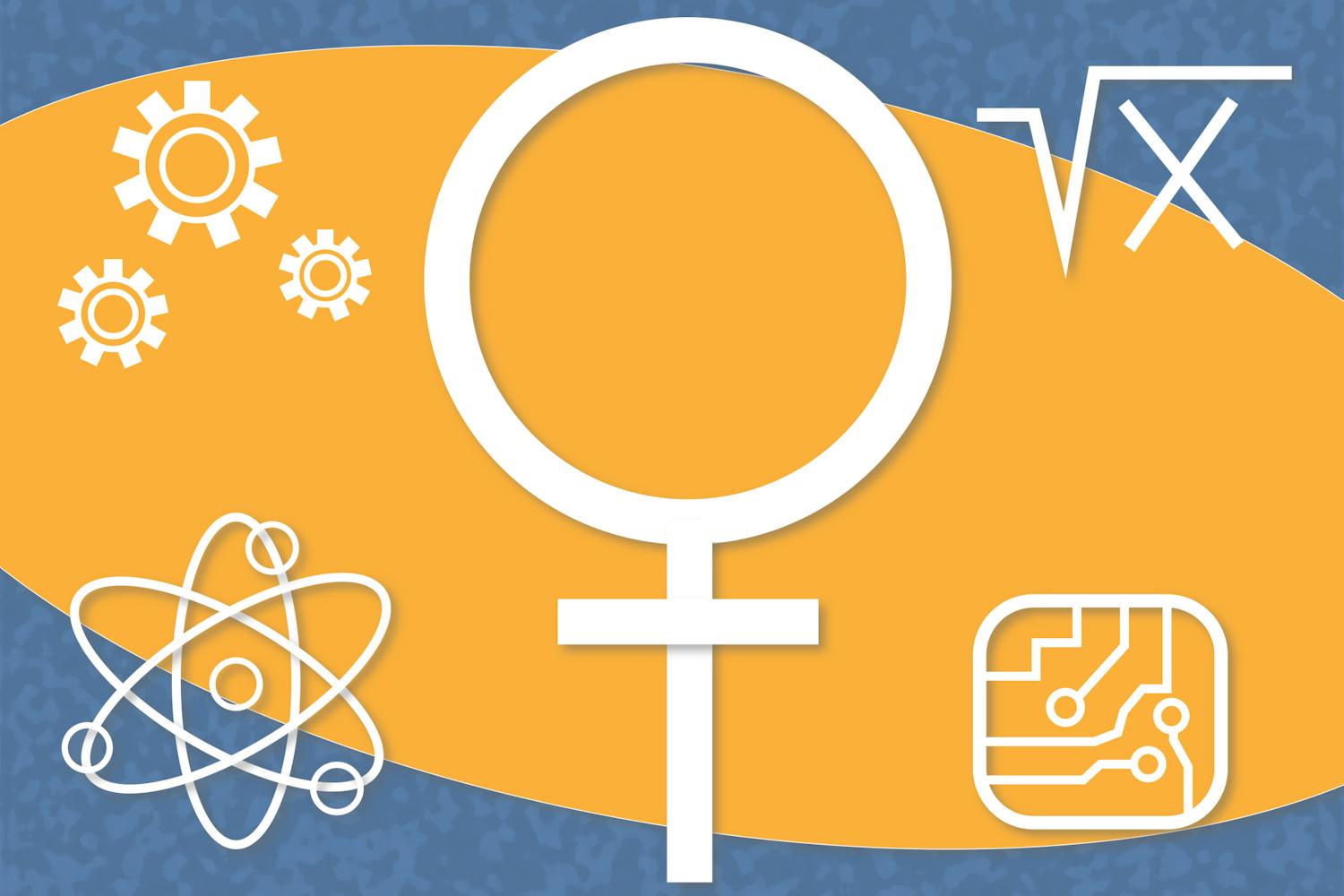Nearly 70 years after Germany banned any domestic publication of Adolf Hitler’s anti-Semitic book “Mein Kampf,” scholars in Munich plan to republish the radical work as an academic tool in 2016.
Since Munich’s Institut für Zeitgeschichte began trying to make the notorious work more accessible in 2011, some argue the republication is a step in the wrong direction for Jewish progress after the Holocaust. Hillel Jewish Student Center executive director Debbie Kail said the republication is a misuse of resources.
“I think it is unfortunate that there are any resources going to republish (‘Mein Kampf’),” she said. “There (are) so many other resources in the world that can be put towards something that is building society rather than republishing something that tore down society.”
However, Kail said the potential impact of the book’s public access depends on its context.
“It depends on the goal of the republication,” she said. “If its focus is on the political context of that time and has commentary that helps you get in that mindset, then it may be of use to ensure that something like the Holocaust doesn’t happen again.”
Visiting Fellow at the Exchange Institute for Humanities Research Michael Mayer, who has worked at the Institut für Zeitgeschichte in Munich, said he also believes a critical analysis is necessary in order to republish “Mein Kampf” safely.
“If you want to counter anti-Semitism, you can’t just let go and let anyone just publish (‘Mein Kampf’) without any commentary,” he said.
Thus, the republication will feature over 4,000 annotations and add over 1,000 pages to the book's original 748. Mayer said he and his colleagues believe an annotated version is superior to a non-annotated version at universities.
“The question is whether it is better to publish and annotate an edition of ‘Mein Kampf’ or to just leave it,” he said. “In any case, this book may be used by extremists, but it is necessary to offer an annotated edition that can be used in universities. It is so we can have a critical understanding of Hitler.”
By republishing “Mein Kampf” under a scholarly pretense, Mayer said the world can better understand the book’s historical context.
“The objective is to re-establish ‘Mein Kampf’ as an academic and historic document,” he said. “We hope to demystify it because there’s a lot of mystery around it … why it happened and what people did with it.”
Because of this hindsight, Jewish students, such as Jared Hirschl, accounting senior and president of Students Supporting Israel, support the book’s republication.
“I think it’s great,” Hirschl said. “All that matters is the context in which they’re doing it. If they were just publishing the book without any commentary or background behind it, that would be completely different. But, obviously, they’re publishing it to show people exactly why ‘Mein Kampf' was wrong.”
Hirschl said he believes the Jewish community can benefit from a public understanding of Hitler and “Mein Kampf.”
“Our whole ‘Never Forget’ saying in Judaism –– Never Forget About the Holocaust –– needs this book,” he said. “We need to keep reminding people what happened and why it happened. This book clearly illustrates how mad of a man he was and we need to remind people of that.”
As for the possibility of the anti-Semitic individuals gaining access to Hitler’s original Nazi ideals, Hirschl said he is unconcerned.
“If a person is an anti-Semi, he’s an anti-Semi,” he said. “If ‘Mein Kampf’ gives them some reason to act on that, I obviously don’t support it, but the majority of the people who read it aren’t going to think that.”
The book will ultimately help the public recall Hitler’s impact, Hirschl said.
“We never humanize Hitler,” he said. “He was a monster. We need to make sure people remember that.”
CORRECTION: A previous version of this article incorrectly stated Mayar's title. This version has been updated with the correct information.
Reach the reporter at aplante@asu.edu or follow @aimeenplante on Twitter.
Like The State Press on Facebook and follow @statepress on Twitter.



